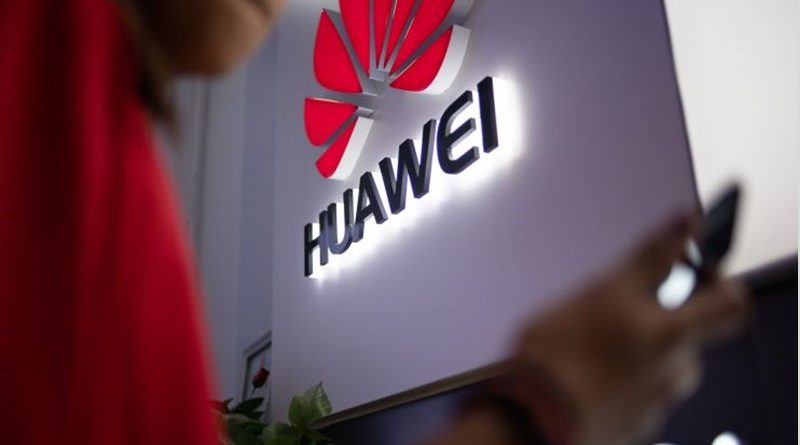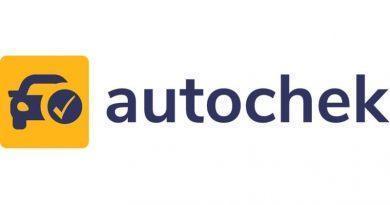Huawei to push ahead with its MATE 30 flagship phone, launch — with or without Google services
Huawei will launch a new flagship phone next month which may not come with Google apps, a source with direct knowledge of the matter told CNBC, as the Chinese firm faces being blocked from accessing the search giant’s software.
The Mate 30 will be showcased at a September 19 launch event in Munich, Germany, the source said. It will be powered by Huawei’s latest processor called the Kirin 990 which is yet to be unveiled. The Mate 30 will be able to connect to next-generation mobile networks known as 5G which promise super-fast data speeds.
Huawei is pushing ahead with the launch despite being on a U.S. blacklist known as the Entity List. It restricts American firms from doing business with the Chinese company. But the tech giant has been given another 90-day reprieve under which U.S. firms can apply for special licenses to sell to Huawei.
Google is subject to these restrictions. Huawei relies on Google’s Android operating system to power its smartphones. In China, Huawei uses a modified version of Android which is stripped of Google services like Gmail or Maps because those are blocked in the country. Instead, it pre-loads its own apps. But in international markets, those Google services are pre-loaded on Huawei phones.
Not having access to Google services abroad could damage Huawei’s global ambitions to become the number one smartphone maker in the world, analysts say.
A Google spokesman told Reuters on Wednesday the Mate 30 cannot be sold with licensed Google apps and services due to the U.S. blacklist, adding that the temporary reprieve does not apply to new products such as the upcoming smartphone.
Huawei recently launched its own operating system called HarmonyOS but the source said that it is too soon to put this on the Mate 30.
“We won’t launch the Harmony system into the smartphone in such a short time as it will damage the relationship and trust between Huawei and Google since we have been working with Google for many years,” the source told CNBC.
Instead, Huawei has another option if it cannot license Google services. It will use an open-source version of Android which will not have Google apps pre-installed on the smartphone. Users could of course download them after.
Huawei will launch the Mate 30 in international markets as well as China, despite potentially not having access to Google services, the source said, adding that the company is still hoping for some sort of resolution to be reached.
“We are still expecting some miracle to happen,” the source told CNBC.
“For smartphone operating systems, the open Android operating system and the ecosystem around it are still our first choice. Please stay tuned for our new products,” a Huawei spokesperson said.
Some of these details were first reported by Reuters.
The company has already felt the effects of the Entity List in international markets. It’s smartphone shipments in Europe plunged 16% year-on-year in the second quarter of the year. However, in China, its shipments surged as it turned its attention to its home market.
No problem with chips
Huawei has been stepping up its focus on its own core technology, from modems to processors, and now its own operating system in a bid to wean itself off of a reliance on American products.
The Kirin 990 processor which will feature in the Mate 30 was developed by Huawei’s HiSilicon unit. It is based on designs by Softbank-owned Arm Holdings. However, the company suspended business with Huawei in May, because its chip designs contain U.S. technology.
The source said that getting access to the components required for the smartphone is “not an issue,” however.
Reuters reported Wednesday that Huawei’s Arm license is based on work that predated the blacklisting of the Chinese telecoms giant, citing a person familiar with the plans.
Arm Holdings was not immediately available for comment when contacted by CNBC.
SOURCE: CNBC




